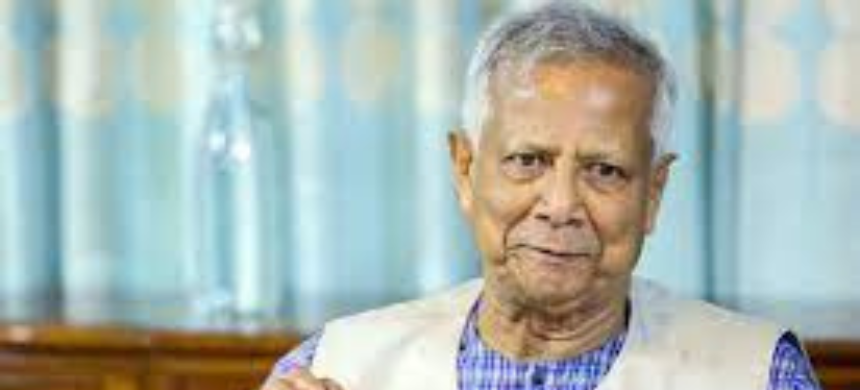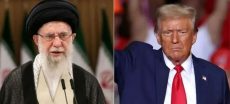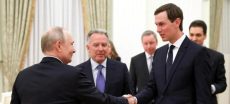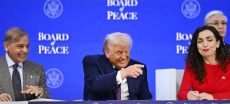Bangladesh’s interim leader Muhammad Yunus announced on Tuesday that he plans to request the election commission to hold a national vote in February.
This announcement came as thousands gathered in Dhaka to mark the first anniversary of the 2024 mass protests that ousted former Prime Minister Sheikh Hasina. The interim government used the occasion to present a symbolic roadmap outlining its commitment to democratic reform.
The capital witnessed rallies, musical performances, and prayer gatherings, with many citizens referring to the day as the nation’s “second liberation.” The centerpiece of the celebrations was Nobel Peace Prize laureate Yunus delivering the “July Declaration,” a 28-point document calling for constitutional recognition of last year’s student-led uprising triggered by economic hardship and political repression. Hasina fled to India following the protests on August 5, 2024.
“The people of Bangladesh demand that the 2024 uprising receive formal recognition in the constitution,” said Yunus, who now heads the transitional government. He emphasized that the July Declaration would be included in the revised constitution, to be finalized after the upcoming elections.
While supporters believe the declaration paves the way for long-term reforms, critics argue its lack of legal backing and parliamentary consensus may limit its impact.
In a national address earlier that day, Yunus vowed to build a nation where tyranny would no longer prevail and called for peaceful, transparent elections early next year. He highlighted his administration’s reform agenda and the ongoing trials related to the 2024 “July killings.”
Meanwhile, crowds gathered near parliament waving flags and chanting slogans. Some celebrated the day as a historic victory, while others expressed skepticism about the pace of change.
Security forces were on high alert, with armoured vehicles deployed across Dhaka to prevent disruptions by the now-banned Awami League.
In an open letter, Sheikh Hasina maintained she had not stepped down as prime minister and vowed that Bangladesh would rise again, stronger and more united.
Despite concerns from some quarters, Yunus’ democratic transition plan has received support from key political forces, including the Bangladesh Nationalist Party (BNP), led by former PM Khaleda Zia.
Among these political activities, Bangladesh Cancels $21m Defense Deal with India’s GRSE











